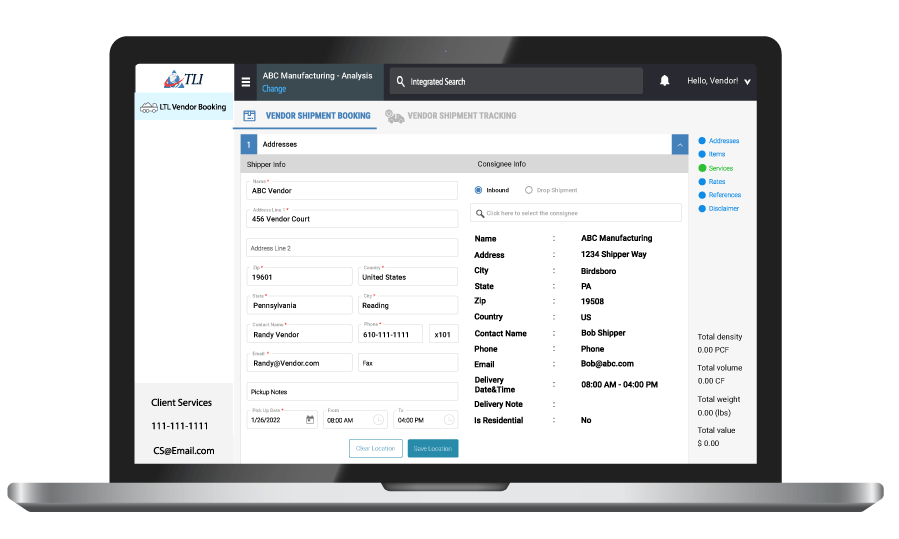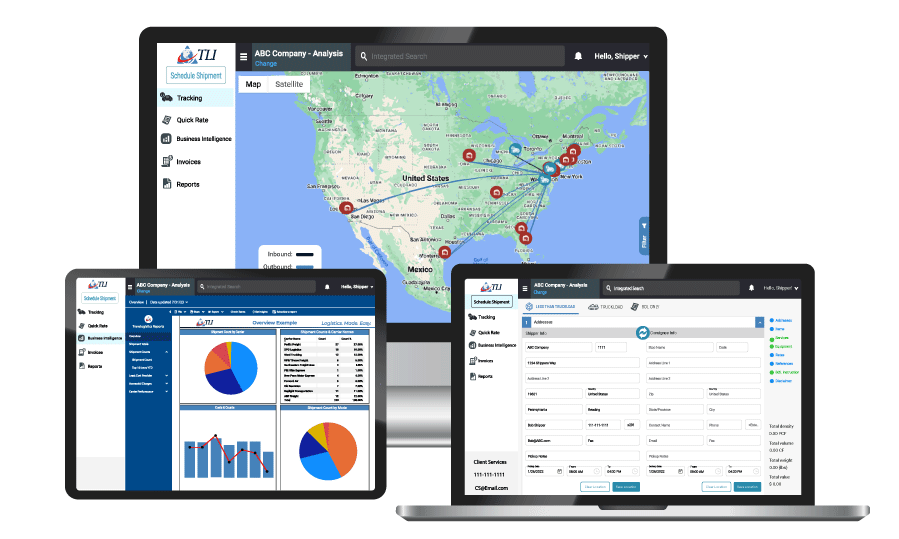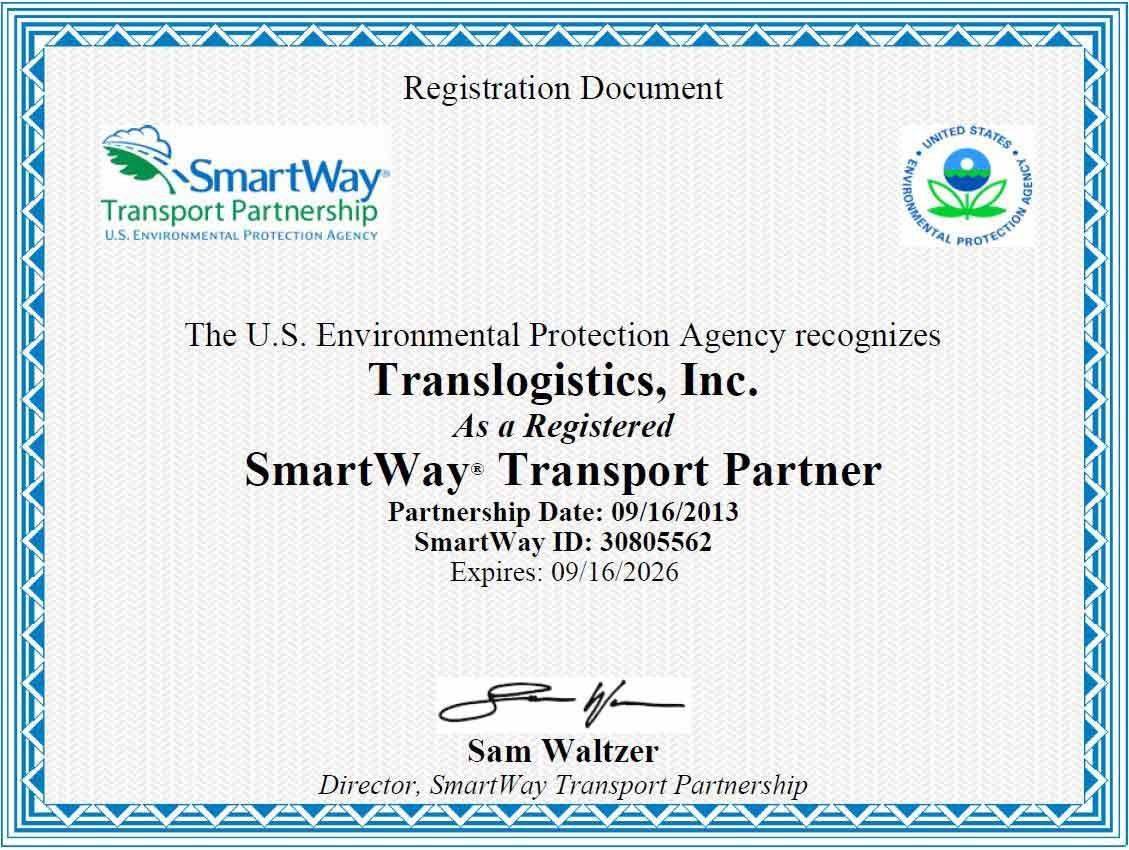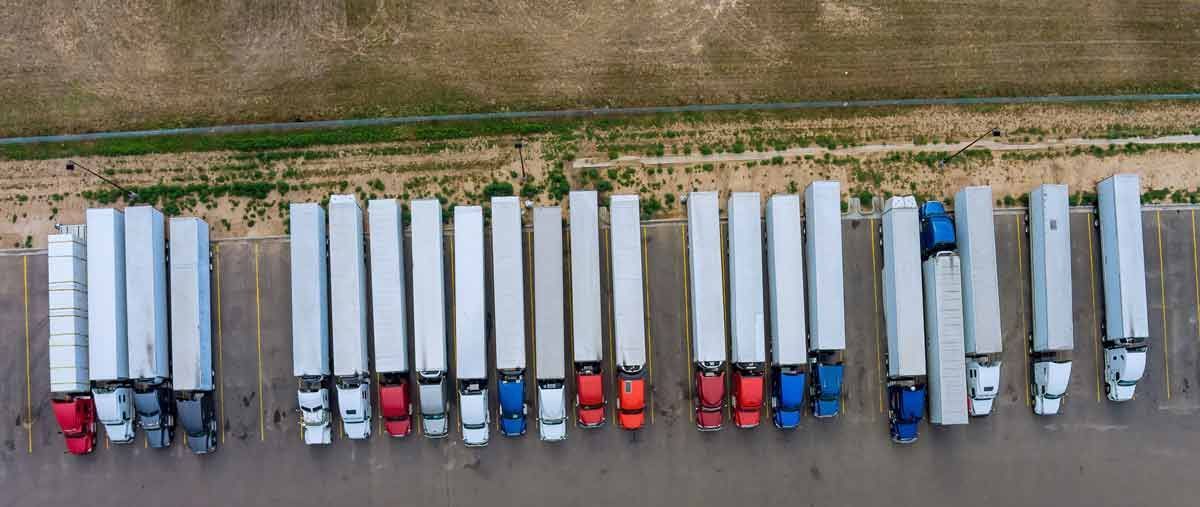Section 7 of a Bill of Lading
Section 7 of a Bill of Lading

As a shipping company, it's crucial to pay attention to all the details on a bill of lading (BOL), especially Section 7. Section 7 of a BOL is often overlooked, but it's an important part of the document that can have significant legal implications.
What is Section 7 of a Bill of Lading?
Section 7 of a BOL is where the shipper provides instructions to the carrier regarding the release of the cargo to the consignee. This section is often referred to as the "Shipper's Order" or "Delivery Instructions." The shipper can specify who is authorized to receive the cargo, what documents are required for release, and any special instructions related to the delivery of the cargo.
Why is Section 7 Important?
Section 7 is important because it can impact the legal liability of the shipping company. By accepting the BOL, the carrier is agreeing to follow the instructions provided in Section 7. If the carrier releases the cargo to the wrong party or without the required documentation, they could be held liable for any damages or losses that occur as a result. In addition, Section 7 can also impact the insurance coverage for the cargo. If the carrier releases the cargo without following the instructions in Section 7, the insurance coverage may be voided.
Examples of Issues that Can Arise from Neglecting Section 7
There are several examples of issues that can arise when a shipping company neglects to pay attention to Section 7 of the BOL. For instance:

What is a Bill of Lading?
A bill of lading (BOL or B/L) is a legal document issued by a carrier to a shipper, acknowledging the receipt of goods for shipment. It serves as a contract of carriage and a receipt of goods. The BOL outlines various details related to the shipment, such as the type, quantity, and destination of the goods being transported.
Key information found on a bill of lading includes:
- Shipment Details: Description of the goods being transported, their quantity, weight, and any special instructions.
- Carrier Information: Name, address, and contact details of the carrier responsible for transporting the goods.
- Consignor and Consignee: The entity shipping the goods (consignor) and the party receiving them (consignee), along with their respective addresses.
- Shipping Terms and Conditions: Details about the terms of shipment, such as whether it's prepaid, collect, or third-party billing, as well as any specific instructions or conditions for the transportation of the goods.
- Signatures and Dates: Signatures of the carrier, shipper, and sometimes the consignee, acknowledging the receipt or transfer of the goods, along with the date the goods were received for shipment.
The bill of lading is an essential document in shipping and logistics. It serves as proof that the goods have been received by the carrier in good condition, and it also serves as a title document, allowing the consignee to claim the goods upon arrival at the destination. Additionally, it can be used for customs clearance and as evidence in case of disputes or claims regarding the shipment.
How to Ensure Compliance with Section 7
To ensure compliance with Section 7 on Bill of Ladings, shipping companies should have clear policies and procedures in place for reviewing and verifying BOLs. This includes verifying the identity of the consignee and ensuring that all required documentation is present before releasing the cargo.
Additionally, shipping companies should communicate with their customers to ensure that they understand the importance of providing accurate and complete instructions in Section 7. By working together with shippers and consignees, shipping companies can help ensure that the cargo is delivered safely and efficiently, while minimizing the risk of legal liability and cargo claims.
In conclusion, Section 7 of a bill of lading is an important part of the document that can impact the legal liability and insurance coverage of shipping companies. By paying close attention to Section 7 and ensuring compliance with its instructions, shipping companies can minimize the risk of legal liability and cargo claims, while delivering their customers' cargo safely and efficiently.
Revolutionize your logistics efficiency with our cutting-edge TMS system! Seamlessly integrate our platform with your ERP and gain instant access to powerful tools like our density calculator and freight class calculator. Streamline your shipping processes and optimize freight management like never before!
TLI Insights
Get the latest logistics insights and tips from TLI's award-winning team. Stay ahead in transportation planning.
Questions? Email us at marketing@shiptli.com



